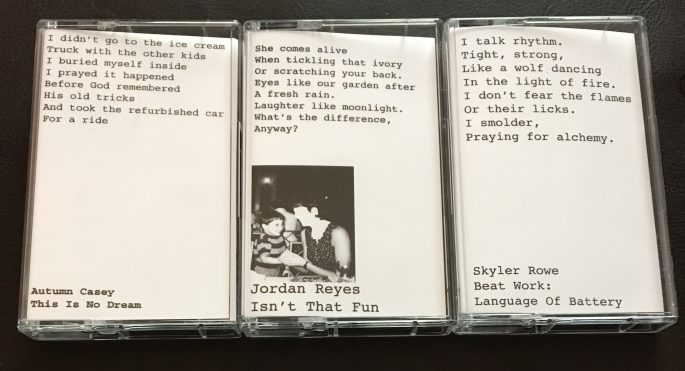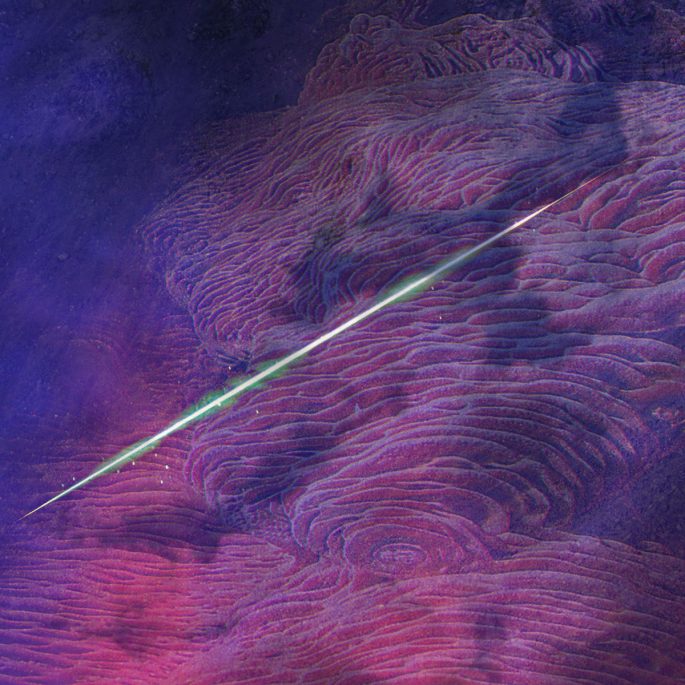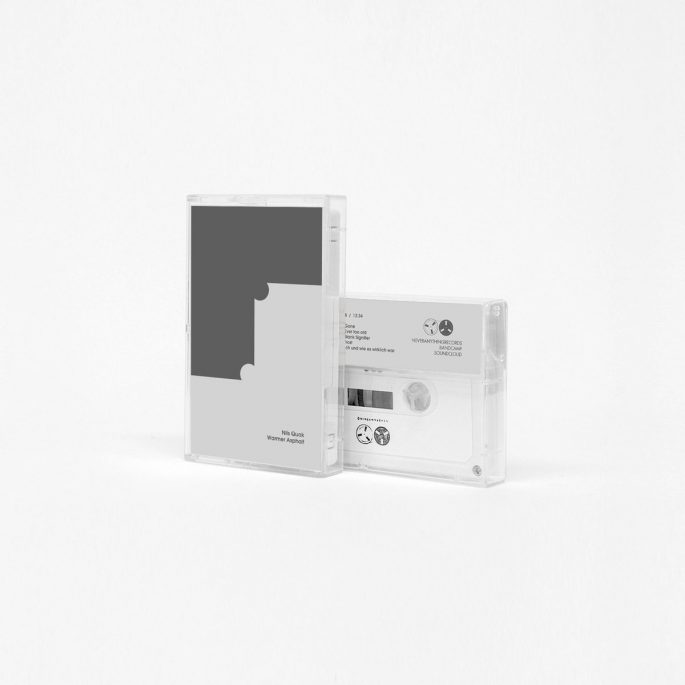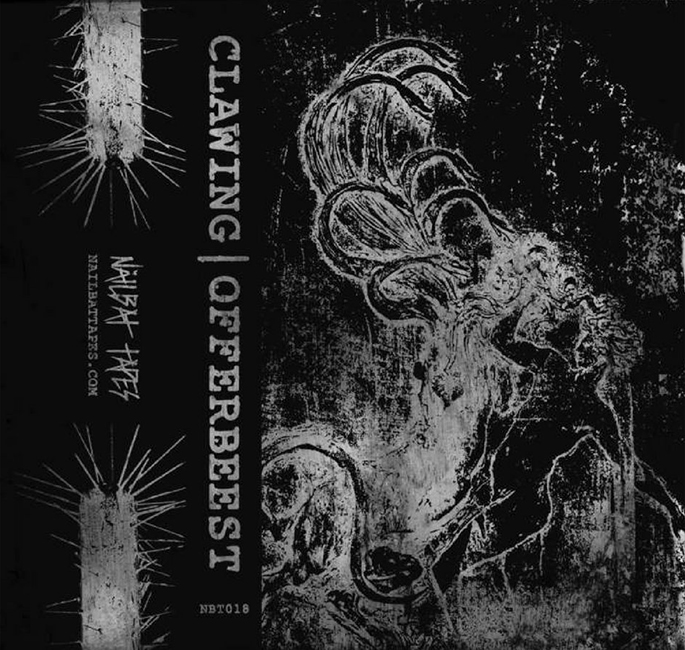Introducing American Damage
6.27.18 by Ryan Masteller

American damage – as if we haven’t done enough already! To ourselves, to the world … it really is sort of a cottage industry at this point. Speaking of cottage industries, tape labels these days, am I right? They just seem to be popping up all over the place, with their ideas and their innovation. Free from the constraints of business decisions and marketing departments. Free … free indeed. We enjoy saying that freedom is an American tradition, an inherent ingredient baked into our DNA. Which brings me to this tape label that I’m about to talk about, a tape label so free and so American that they called themselves American Damage. American Damage is from Chicago, a city in our great country. It’s run by a guy named Jordan Reyes. They currently have five releases. I’m about to talk about three of them.
AUTUMN CASEY – THIS IS NO DREAM
The American Damage site is emblazoned with the slogan “The Church of American Damage,” suggesting an idea of religion and the American dream curdling within the hearts and minds of a restless and festering populace. Autumn Casey traps that curdling on her debut solo tape and hits back with “This Is No Dream,” a thirty-minute piece weaving sparse piano and field recordings into a tapestry of twenty-first century tragedy. The dull ache that’s introduced becomes a seasick fever dream the further Casey delves into her (and our) psyche, the melodies invert and fracture and are joined by other instruments and sources. In the end we’re left with the aftermath, the residue, of a horror carnival rendered tame by desensitization and real-world violence. Just the ruins of a run-down roadside attraction devoid of interested patrons. We’re actually living this, it only FEELS like a dream because it’s so surreal.
JORDAN REYES – ISN’T THAT FUN
Jordan Reyes founded American Damage on the premise that America is junk and that it’s no longer a nice place to live. OK, you got me – I’m just kidding! Far be it from me to put words in anyone’s mouth, especially about their artistic endeavors. (Plus, I do still like living in America quite a bit, thanks very much. People seem to still be nice here for the most part.) But it’s easy to read between the lines and draw some conclusions, especially when, and these ARE Jordan’s words, the subject of your cassette release revolves around “family, religion, serendipity, discipline, and figuring out how to make yourself pretty while not being too self-destructive.” I don’t know about you, but I can superimpose those ideas over the America I know and see a pretty clear alignment. Yes, we’re struggling with identity (among other things). And Reyes takes what could turn into a heavy-handed approach and settles with it, lives with it at a remove and lets it percolate within himself. With an acoustic guitar and his voice, Reyes explores these ideas – but it’s a red herring, as only the first two of the six tracks follow this pattern. He covers NIN’s “Hurt” with just himself and a piano. Field recordings become a bigger element as he goes, in fact they’re the only thing in “Samples” (just 26 seconds of dialogue) and “Clair De Lune,” the latter a recording of someone playing the classic Debussy piece. Maybe he becomes more free, more unencumbered, as he loses the words and lets the music and the artistry speak for him. That works for me – but again, I’m not putting words in anyone’s mouth!
SKYLER ROWE – BEAT WORK: LANGUAGE OF BATTERY
“[M]elodic drone elements as well as … inspired percussive expertise.” That’s the Skyler Rowe way, and his debut solo recording (he’s been involved in the following projects as well: Rash, Mute Duo, Strange Clouds, Nubiles) combines these components into a weird and wistful whole, sometimes unsettling, always interesting. The “Battery” of percussive instruments referred to in the title reveal a strange “Language” upon delving into them, a language that gradually becomes decoded the deeper you listen. The melodies seep into your waking mind, draped over the rhythms, a complex web of interplay. The “alchemy” hinted at on the tape’s j-card fully completes its molecular dance by the end of the seven tracks, and chaos becomes solid gold. How’s THAT result for the toil and trouble of the scientific tinkerer? Solid bloody gold.
American Damage’s black & white releases are available in editions of 100 through their Bandcamp.




